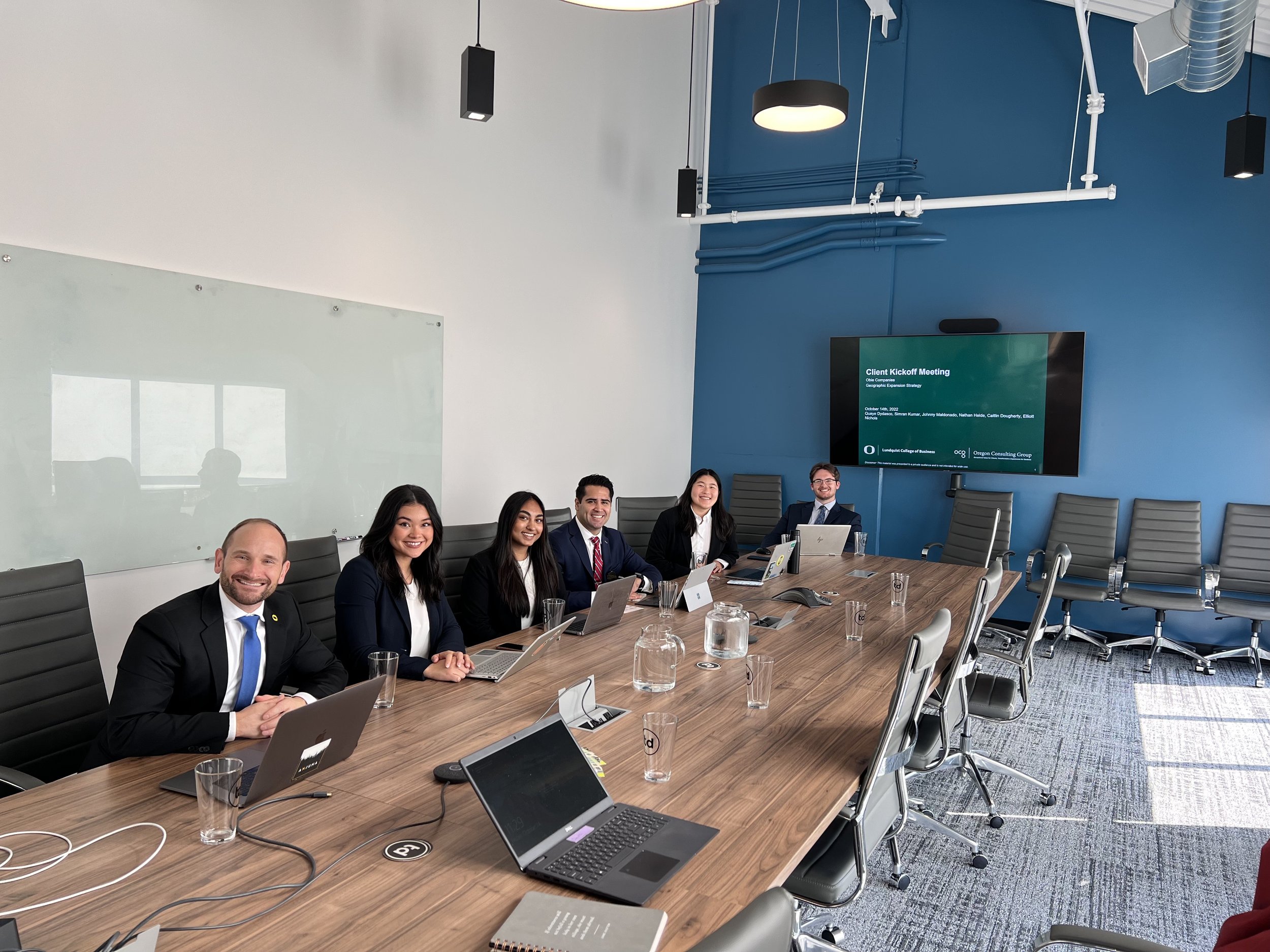
WORK WITH OCG
Since 2014, the Oregon Consulting Group has worked with a variety of clients ranging from startups, local and regional businesses, and nonprofits—all utilizing human-centered design to deliver invaluable insights and solutions that make a real impact for the client and the organization.
Our Services
Business Strategy
-
OCG delivers a strategic plan for small businesses, product lines, or nonprofits. The purpose is to look at alternate strategies for the organization and select the strategy that will provide the best risk-adjusted value using a proof-point-based plan to guide execution.
-
OCG delivers a framework and supporting research to prepare a business model canvas and execution plan for small businesses, product lines, or nonprofits. The framework provides a concise summary of the target customers, value proposition, key activities, partners, costs, revenue streams, and sustainable business practices.
Market Analysis
-
OCG delivers secondary and primary research on selected competitor(s). The purpose is to provide the client insights on how their product or service stacks up versus competitors and recommendations for how to alter some aspect of the product or service to compete more successfully.
-
OCG delivers primary research on the client’s current customers using customer interviews, observations, and/or surveys to provide the client recommendations for how to improve customer experience and satisfaction. A key differentiator for OCG is the ability to survey and interview the population at the University of Oregon, a prime demographic for many businesses.
-
OCG delivers secondary analysis of the marketplace for a client product or service and determines market sizing, profitability, and growth projections per segment.
Financial Analysis
-
OCG delivers financial analysis and basic models to help the client make a variety of decisions such as make-versus-buy, cost/benefit, NPV for investments, etc. The purpose is to capture key assumptions to inform the client’s decision and identify those that significantly affect the outcome.
-
OCG delivers a financial forecast and financial model for small businesses, product lines, or nonprofits. The purpose is to help the client capture critical assumptions, perform sensitivity analysis, and do risk assessment.
A Reliable Reputation
“OCG had an amazing impact on our organization. The final reports and financial model were exactly in line with what we were looking for and our expectations. I would highly recommend engaging with OCG. It was a wonderful experience.”
— Bill Widmer, President, Kaleafa
“Trifoia hired the Oregon Consulting Group to consult on six product development projects in the past five years, and we don't plan to stop. The quality of the output rivals that of any high-powered market consulting firm for a fraction of the cost.”
— Adam Wendt, CEO, Trifoia
“The team took ownership of the project from day one, persevered through some difficult primary research, and came out with good data. The student team drove our company team for information, another indicator of their initiative. Overall a great experience and good value for us.”
— Steve Jennings, Former President, TryEco
What We Deliver
Each project culminates in a professional executive summary and a final presentation that highlights key research insights and actionable recommendations. Alongside the executive summary, we provide supplementary deliverables tailored to support and reinforce our recommendations, ensuring clients have the tools they need for successful implementation.
Our deliverables are backed by a comprehensive appendix, detailing methodologies, raw data, and in-depth analyses that support our findings.
Our Expertise
Once admitted into OCG, each consultant completes an in-depth industry report on a topic of their choosing. Working under the guidance of an mentor, the consultant conducts extensive primary and secondary research and generates recommendations to the industry's most pressing problems. As part of this process, consultants will also focus on a specific company within the industry to provide further research and insights. These industry reports prepare newly admitted consultants to enter their first client-facing project.
Example industry reports can be found via the links below.
